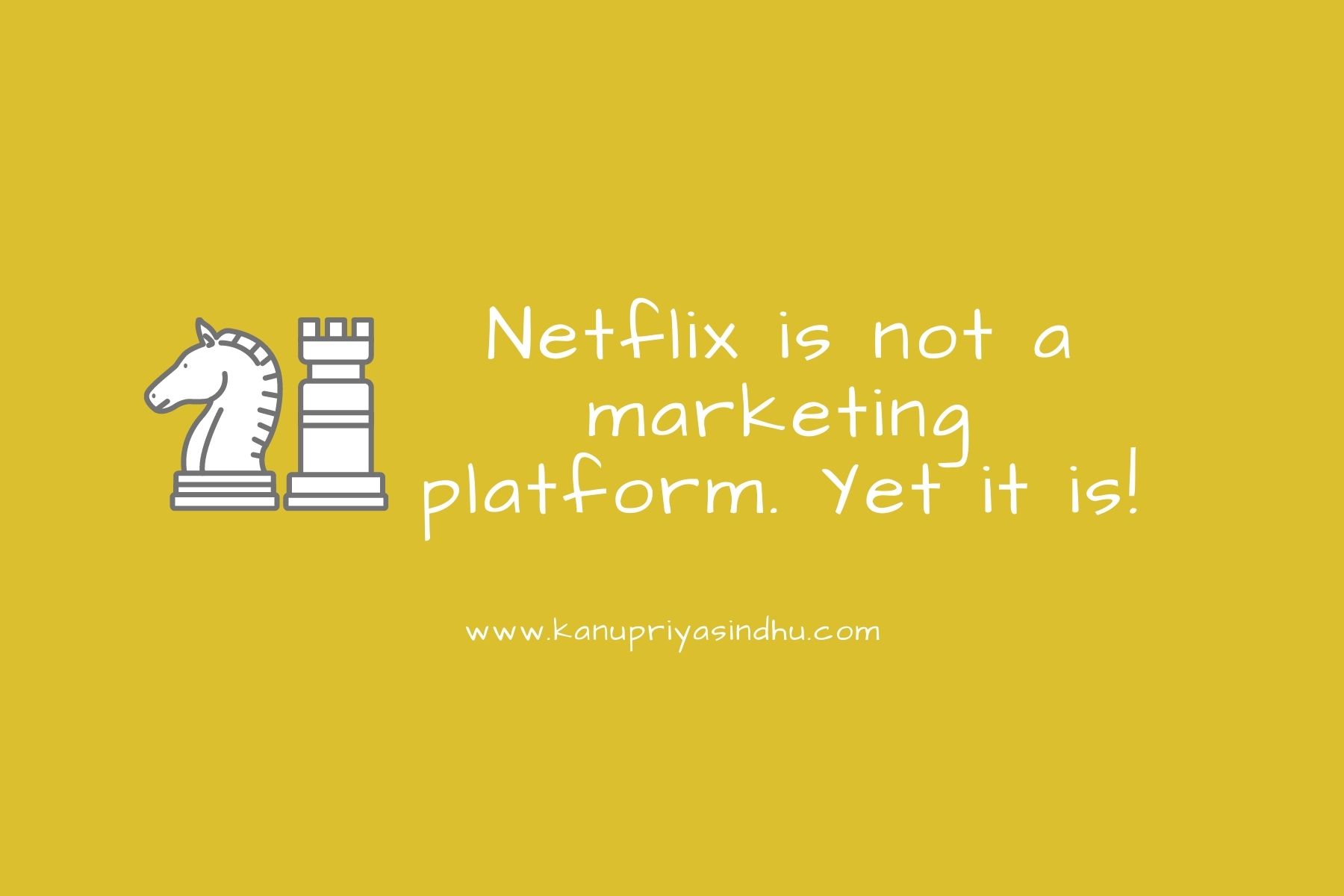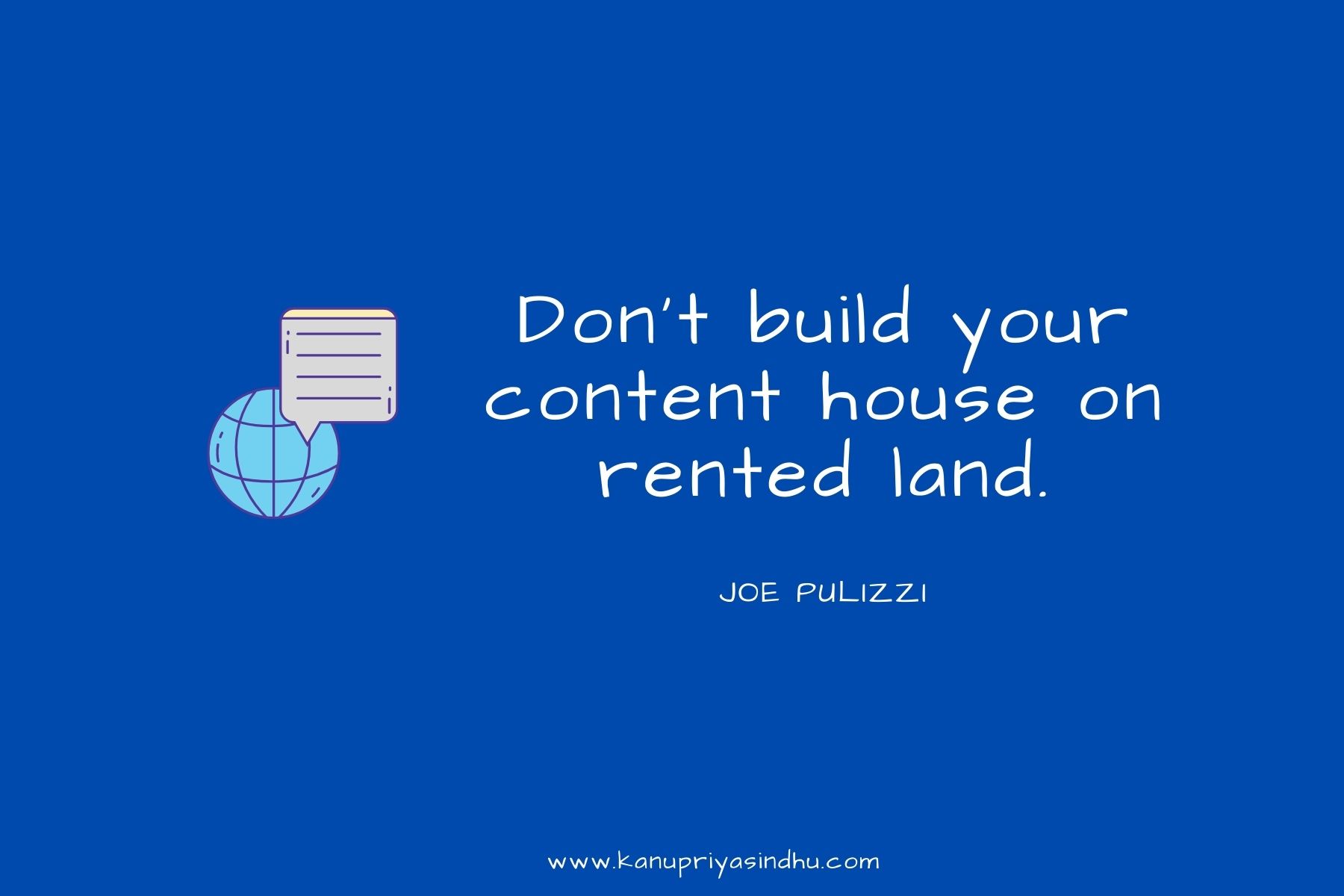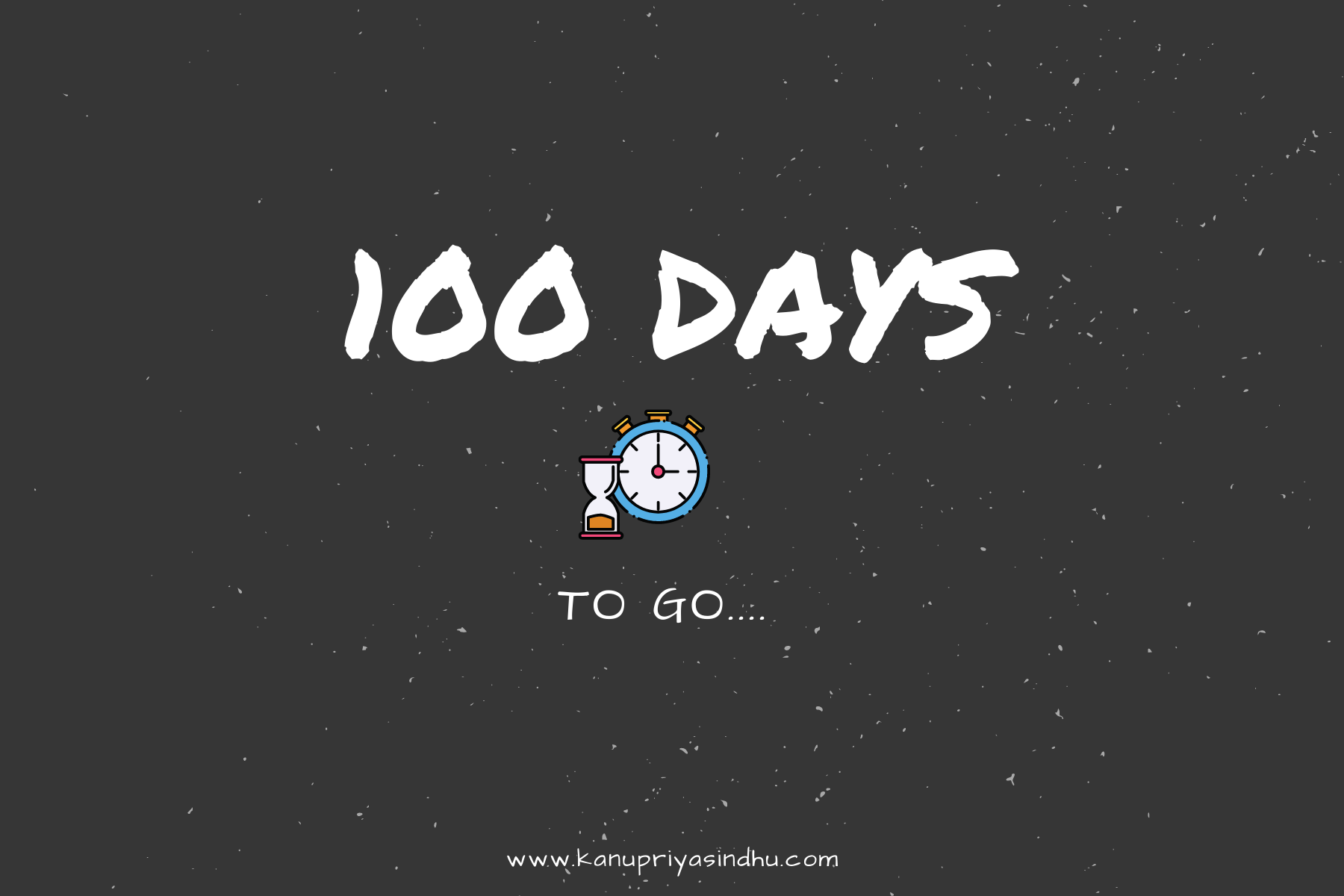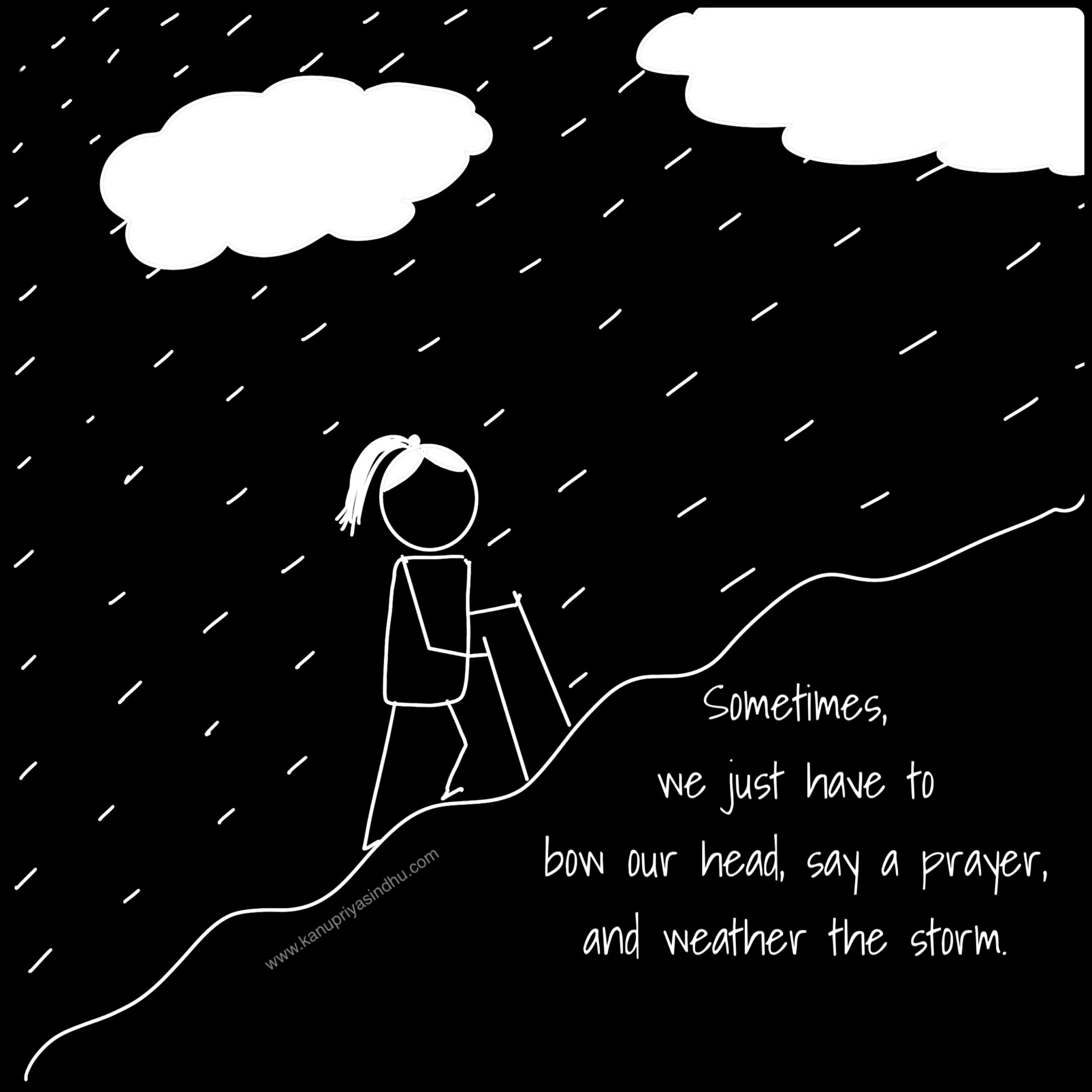I had thought to write a post on this earlier too but for some or other reason never wrote one. But my last few interactions at different occasions made me think about this term Social Media “Experts” yet again. “Experts” and that too with 6-7 years of experience in Social Media! Like really? Every time I hear this term, I feel exactly same as when I hear about being Startup “Gurus” from the mouths of those who have never run or worked in a startup even once.
Was interacting with this one such so-called expert who is supposedly consulting many startups on marketing and social media strategies. Well, in the name of expertise all that he had to offer was ideas to increase “likes” on Facebook pages. To add to that, one of his ‘killer’ strategies for low cost marketing was make ‘viral’ films for clients. If I have to quote verbatim – “we make viral films for clients which will increase their fans on their Facebook pages”. Felt like telling – dude, being an expert the least you could have done is avoided using jargons like “make viral films”. I have no idea what does that really mean? I think you can only make films and expect it to go viral, how exactly can you “make a viral film” directly? Needless to mention that at least I have not come across any of the viral films made by them naturally on my FB or Twitter timeline.
Attended a small meet on flexi-working culture in India last weekend, intro round of marketing professionals and here it was – 7 out of 10 participants were “Social Media Experts”! Did a quick check, one of them was somewhat active on twitter, two had less than 200 followers and remaining four were not even present on twitter. While interacting with them, realized that either they never felt the need to join Twitter or they joined but didn’t find it to be interesting enough to pursue. Yes, they all knew Facebook and Twitter but that was all about it! Few likes on whatever and few tweets on whatever gave them sufficient confidence to call themselves as “Social Media Experts”.
In yet another incident, a close acquaintance who has joined a luxury travel company in India in a senior position needed some inputs on his products and marketing. I got to analyze the product and past campaigns of the company and to my utmost surprise the company whose founders are based of India had actually spent lakhs and lakhs of rupees in online campaigns every month. The campaign was run by some digital marketing expert and in the name of online campaign, all that he did was Google SEM. In that too, client has been charged on cost per lead basis with an explanation that Google charges it like that and with rates as high as… well no idea for reference point as in my experience I have never heard of such high lead rates ever! Don’t even want to go into details of campaign management rather mismanagement, as I think it has the potential to become an independent case study on what not to do in SEM campaigns. To just give you a sneak peak – neither the campaign was configured anywhere in analytics nor the campaign code was enabled on landing or any other page for tracking! And this was of course done by yet another “expert”, yes his Linkedin profile does contain the word expert prominently :-).
Not that the misuse of this term is anything new to us but I think with each passing day, there is a noticeable growth in the number of these so called experts around us. Having managed social media accounts for companies where I have worked and few other brands, I think I can share at least my views on evaluating any candidate for social media management in general. Well this post is long enough for now, I will be back with my thoughts in a subsequent post soon.













Recent Comments